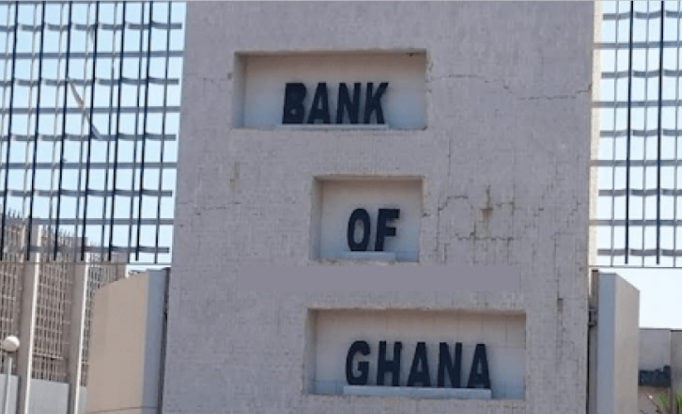The Bank of Ghana has intimated that the banking sector is well-positioned to continue with the core objective of financial intermediation and providing support to the growth recovery process amid the coronavirus pandemic.
The resilience of the sector reflects the gains from the banking sector reforms carried out prior to COVID-19 which shows that the sector on its own can correct for such liquidity imbalances resulting from mild to moderate shocks.
Banking sector performance remained strong through to end 2020, with robust growth in total assets, deposits and investments.
“Total assets increased by 15.8 percent, of which Investments in Government bonds rose by 33.4 percent”.
The growth in total deposits by 26.8 percent can also be attributed to recent reforms in the financial services sector as most customers are seeking to do business with commercial banks rather than microfinance institutions or saving and loans companies.
Also, in terms of the survival rate of the Banking sector to liquidity runs, it remains quite high showing signs of robustness of the industry to absorb shocks from the second-wave of the pandemic.
“Total liquidity increased significantly during the year driven by government’s fiscal stimulus programme, the complementary monetary policy measures implemented during the year to mitigate the impact of the COVID-19 pandemic, and the monetization of government bonds to pay depositors in the SDI sectors, as well as the central bank’s purchase of a GH¢10 billion COVID-19 bond issued by the government.
“Solvency and liquidity indicators remained strong. The industry’s [Capital Adequacy Ratio] CAR of 19.8 percent as at end December 2020 was also well above the regulatory minimum threshold. Core liquid assets to short term liabilities were estimated at 27.8 percent in December 2020 compared with 30.5 percent a year ago”.
The Bank of Ghana further opined that these policies led to a large expansion in the balance sheet of the Central Bank, helping to reinforce its monetary policy stance.

“Commercial banks’ balance sheets also saw growth during the year due to the expansionary government policy and the increase in deposits mobilised from the SDI sector due to a flight to quality from depositors in the SDI sector”.
However, the Central Bank has cautioned that banks are expected to sustain the strong performance under mild to moderate stress conditions, barring more severe consequences on the real sector from the second wave of the pandemic.
“Financial sector inflation expectations inched up marginally,” and as such emphasizing the need for banks to exercise restraint amid the crises.
Additionally, this is important because policy and regulatory reliefs granted to the industry will be reviewed by the Bank of Ghana alongside close monitoring and prompt supervisory actions will be taken to address emerging potential vulnerabilities in the financial sector arising from the pandemic.
Finally, the Bank of Ghana hinted that the banking sector showed resilience to the first wave of the pandemic supported by strong policy support and regulatory reliefs making the sector prepared for the new variant.
“Overall, the impact of COVID-19 on the industry’s performance was moderate as banks remained liquid, profitable and well-capitalized”.





















